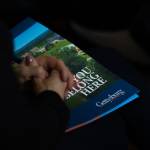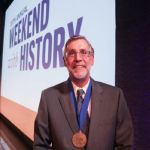
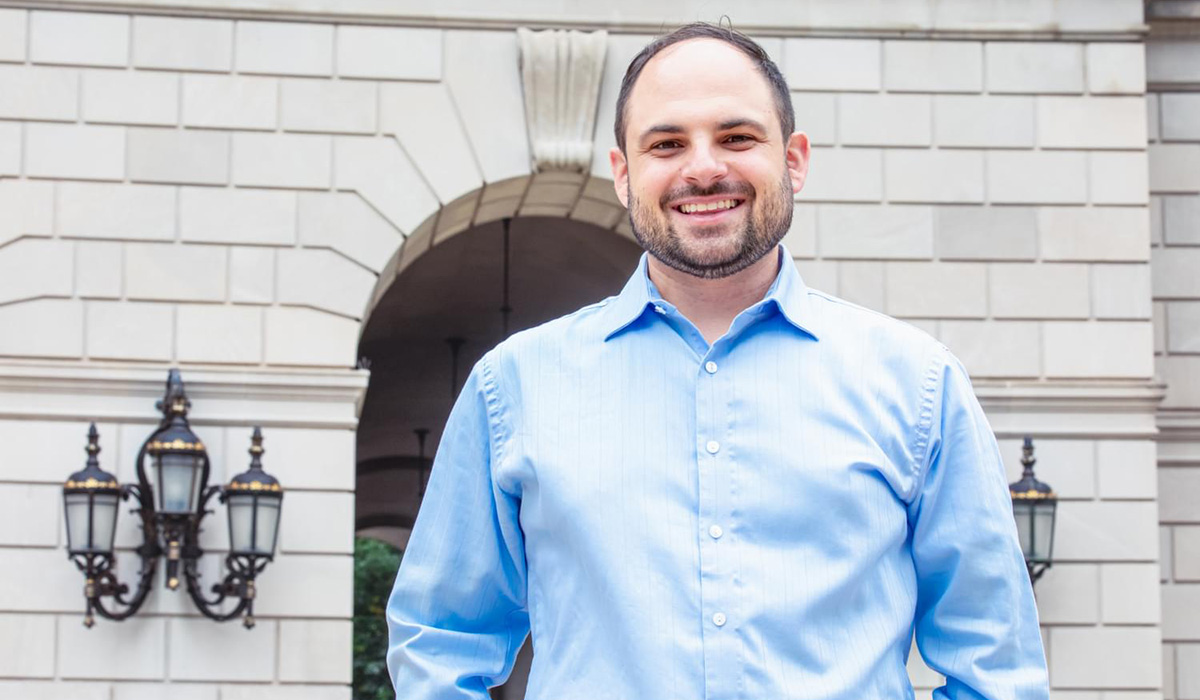
Growing up on Long Island in Plainview, New York, Paul Di Salvo ’13 witnessed the farmland around him being overtaken by strip malls and other developments. With each passing year, as blooming pastures transformed into booming businesses, he quickly became passionate about safeguarding the wildlife and their natural habitats.
Today, as a wildlife biologist, senior regulatory specialist, and Endangered Species Act coordinator for the United States Environmental Protection Agency (EPA) in Washington, D.C., Di Salvo focuses on protecting endangered and threatened species from harmful pesticides, while also promoting sustainable solutions for pesticide use in the public health and agriculture industries. For Di Salvo, success in this role is rooted in teamwork, an enduring skill he learned at Gettysburg College.
“Getting to work on honing my skills, especially teamwork, at Gettysburg has really been influential in how I approach teamwork here at the EPA,” Di Salvo said. “Throughout the day, I may work on as many as five different teams, so it’s really important, as I look to build those teams, to make sure I’ve got the right people in the room that have the variety of skill sets I need to think about the issue in a well-rounded way.”
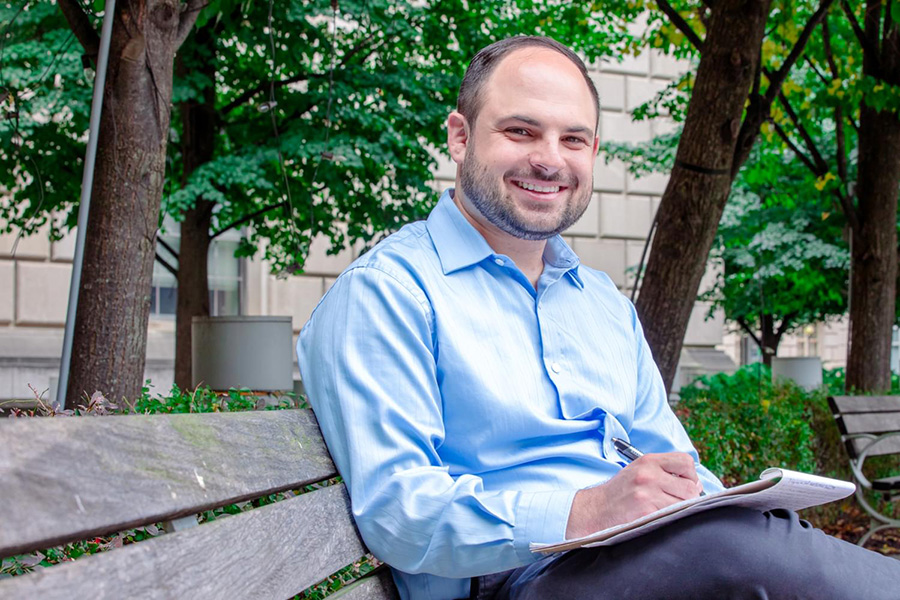
The power of collaboration and community
During Get Acquainted Day in 2009, Di Salvo first learned about sustainable agriculture at the Painted Turtle Farm, speaking with Environmental Studies Prof. Sarah Principato and current students about their integrated efforts with the local Gettysburg community. After experiencing the rise of retail back home and discovering an initiative where he could make an impact at Gettysburg, Di Salvo eyed a career in conservation as an environmental studies and theater arts double major.
“What’s so unique about Gettysburg College is that it provides that ability to give A Consequential Education through the lens of liberal arts,” said Di Salvo. “What really sold me on Gettysburg was having that strong liberal arts education mixed with this really strong sense of community, where I felt that I’d be well-supported and could become part of a bigger community. … Not only did I have a lot of ability to talk one-on-one with professors, colleagues, and other students, but I also got to spend a lot of time getting to know the fabric of the support staff that really helped make the Gettysburg experience all that it was.”
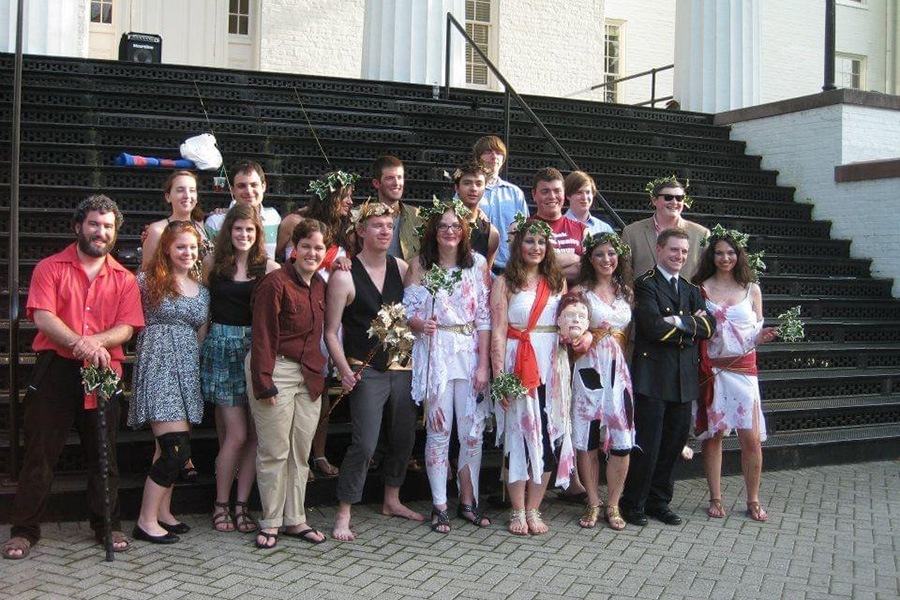
Throughout his career, Di Salvo has often drawn on the knowledge and enduring skills he gained through the Gettysburg Approach to devise effective strategies and build successful teams. The experiential learning opportunities he pursued at Gettysburg were intentional in nature, ensuring they connected to his studies and supported his career aspirations.
As a member of the Owl and Nightingale Players and other musical theater student clubs on campus, he was involved with many theater productions at the Majestic Theater, including “My Fair Lady” and “The Importance of Being Earnest” with Theatre Arts Prof. Chris Kauffman. Di Salvo served in various roles both in the limelight and behind the scenes, such as director, actor, stage manager, and lighting technician. Each played an integral part in the success of the performance.
“I've gotten the unique perspective of being able to see how experts in very different aspects of the productions, such as lighting, sound, choreography, and directing, all need to come together and work well together,” he said. “I see a lot of those same traits from the theater working really well when it comes to working here at the EPA.”
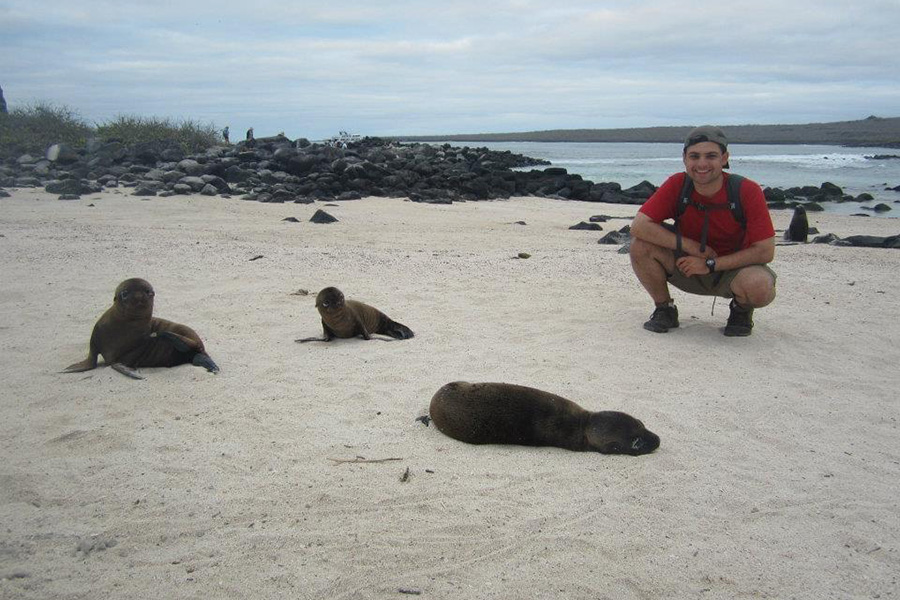
Di Salvo also studied abroad in Ecuador his junior year, which was his first time outside the United States. There, he researched the ecology and natural resources in its many different regions—from diverse ecosystems in the Galápagos Islands and the Amazon rainforest to urban cities like Quito, Ecuador’s capital—while also polishing his Spanish-speaking skills. Back home, he also pursued field work to understand invertebrate populations and ecosystem dynamics on the Gettysburg battlefield and in the Duke University’s Marine Lab, the latter as part of a multi-day field trip for his marine ecology course.
His senior year, Di Salvo then focused his environmental studies capstone project on Gettysburg’s food system, surveying both vendors and town residents at the local farmers market to assess the affordability and accessibility of fresh produce and other goods. His theater capstone also touched on the environmental theme of human versus nature through a production performed in Spanish and pantomime, “El Tigre,” inspired by his study abroad experience in Ecuador. Each of these projects required teamwork, not only in the collaboration with his peers but also with getting an inside perspective to the many stakeholders responsible for making the agriculture and theater industries a success.
“I really took those two majors to heart in coming up with extracurricular activities that I wanted to get involved with on campus,” said Di Salvo. “I’ve been very fortunate during my time at Gettysburg and since then to be able to see a variety of different locales and ecosystems across the United States and abroad. I feel that this ability to see and interact with not only local wildlife, but with the local community as well, has really been consequential in how I approach public service.”
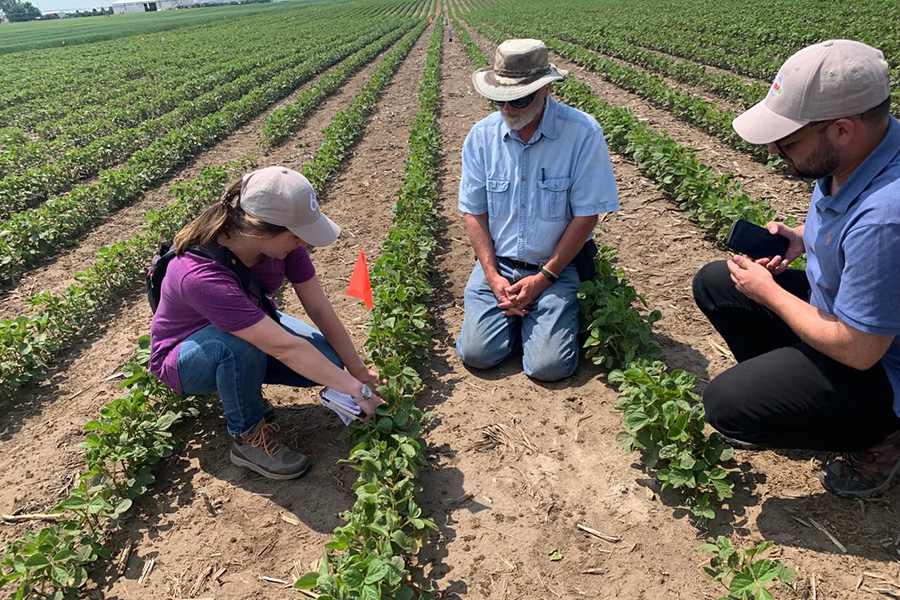
How teamwork takes centerstage
Since graduating from Gettysburg, Di Salvo has worked with several teams at each stop along his career path, where every member serves an essential role to assess environmental impacts for wildlife and humans, such as the potential for diseases to spread to livestock.
After receiving a master’s degree in conservation biology from the State University of New York College of Environmental Science and Forestry in 2014, Di Salvo became a park ranger at the Missouri National Recreational River in South Dakota, examining threatened and endangered shorebirds and river turtles. He then worked with the U.S. Department of Agriculture to investigate feral swine in wildlife populations in Colorado and evaluate the environmental effects of wildlife damage management in Oregon.
In 2018, Di Salvo arrived at the EPA, where he currently collaborates with a multifaceted team of scientists who come together to make a difference in every community that interacts with wildlife. Expertise on his teams ranges from risk management to the sciences and communications, each with the goal of fulfilling EPA’s mission to protect both human health and the environment. In doing so, they aim to educate the public by providing access to accurate information while also ensuring federal laws protect humans and the environment in a fair and effective manner.
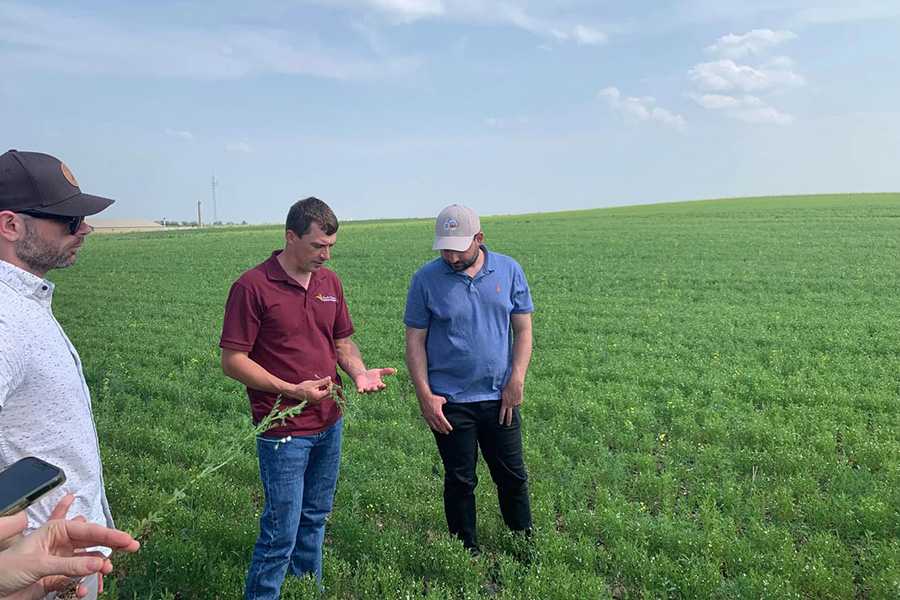
Carrying out the Endangered Species Act, which was established in 1973 to conserve and protect endangered and threatened species and their habitats around the world, Di Salvo, together with his team, reviews both environmental and human health impacts specifically related to the use of pesticides. Pesticides are often used in agriculture for food crops to deter pests, like mice, but they could also pose risks to people. Therefore, the EPA reviews the toxicity of pesticides and sets limits on how they may be used and the frequency of use to prevent harmful effects on humans and the environment.
“I do a lot of work making sure that the pesticide tools that are needed for agriculture and to protect public health are not going to have adverse impacts on our threatened and endangered species across the nation,” said Di Salvo. “We use the best available science when making those calls, while also making sure that we recognize the need for our food system to have the necessary tools available. It’s really important on our team to be able to effectively communicate our goals, work to problem solve, understand the issue fully, and make a decision within a reasonable timeframe.”
With each decision he’s been a part of, Di Salvo ensures that the teamwork behind those decisions always take centerstage, just like it did at Gettysburg.
“As a public servant, I’m here to represent and make sure that the voices of all of the public are represented in the decisions that we make,” he said. “I try now in my career to really make sure that I recognize everyone’s contributions, whether they’re working on the science or helping support that scientific decision through communications. To me, teamwork is about recognizing everybody, whether their impact or role on that team is big or small.”
By Megan Miller
Photos by Abbey Frisco and courtesy of Paul Di Salvo ’13
Posted: 12/19/23

